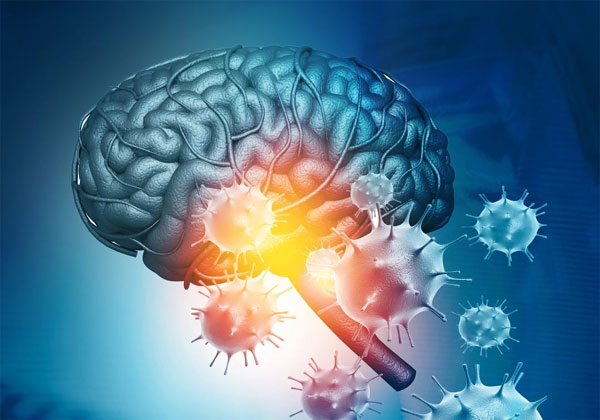Daijiworld Media Network - New Delhi
New Delhi, Oct 14: A new study has raised significant concerns about the long-term effects of COVID-19, suggesting that SARS-CoV-2 infection in fathers before conception could impact the mental health and brain development of their future children. Conducted on mice and published in Nature Communications, the research reveals that the virus may alter the molecular makeup of sperm, leading to behavioral changes — including heightened anxiety — in offspring.
Scientists from the Florey Institute of Neuroscience and Mental Health at the University of Melbourne found that male mice who had recovered from COVID-19 produced offspring with clear signs of increased anxiety. This was especially pronounced in female offspring, who showed altered gene activity in the hippocampus — a critical brain region associated with mood regulation, anxiety, and depression.

The research builds on earlier evidence that a father’s experiences and environment before conception — such as stress or poor diet — can influence offspring through epigenetic changes, particularly via RNA molecules in sperm. In this study, the team examined sperm from previously infected male mice and found significant alterations in RNA, including molecules linked to brain development.
“These kinds of changes may be driving the anxiety-like behavior we observed in the next generation,” explained Dr. Carolina Gubert, one of the study’s authors. Lead researcher Professor Anthony Hannan emphasized the potential broader implications: if similar effects occur in humans, it could impact millions of children globally and reshape public health strategies.
While the findings are currently limited to animal models, the researchers stressed the urgency of further investigation, calling for deeper exploration into how pre-conception health, particularly in fathers, may influence future generations in the context of infectious diseases like COVID-19.